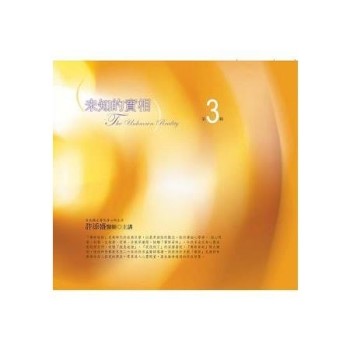Kiyohiko G. Nishimura
Kiyohiko G. Nishimura is emeritus professor of economics and distinguished project research fellow at The University of Tokyo and a professor of economics in the National Graduate Institute for Public Policy (GRIPS). Before returning to academia, he was deputy governor of the Bank of Japan for 5 years until March 19, 2013, one of the most turbulent periods in the history of the world economy and central banking. He received his B.A. (1975) and M.A. (1977) from The University of Tokyo and his Ph.D. (1982) from Yale University. He was associate professor (1983-1994) and professor (1994-2005). He joined the Bank of Japan as a Member of its Policy Board (2005-2008), and then as deputy governor (2008-2013). He was dean of the Graduate School of Economics at The University of Tokyo (2013-2015). Since February 2014, he has been chairman of the Statistics Commission of the Government of Japan. He received the Nikkei Prize in 1993, the Japan Economist Prize in 1997, and the TELECOM Social Science Award in 2006. He was also the winner of the Japanese Economic Association Nakahara Prize in 1998 for his outstanding international contribution to mathematical economics and economic theory. He was awarded Emperor ’s Medal of Honor with Purple Ribbon in 2015 for his outstanding contribution to theoretical economics.
Hiroyuki Ozaki
Hiroyuki Ozaki is professor of economics at Keio University. He has been particularly active in developing the theory of dynamic decision making, where non-additive probability measures are used, with applications to elucidation of macroeconomic phenomena that are hard to explain in the traditional additive probability framework. He received his B.A. (1986) from Keio University and his Ph.D. (1992) from The University of Wisconsin at Madison, where he majored in economics and minored in mathematics. He was assistant professor at The University of Western Ontario (1993-1996) and associate professor at Tohoku University (1996-2005) before joining the Faculty of Economics at Keio University in 2005. He has been professor at Keio University since then. Dr. Ozaki’s academic research focuses on mathematical economics and the decision-theoretic foundation of economic agents’ behavior. Among his numerous contributions to this field, most notable is: "Dynamic programming for non-additive stochastic objectives," Journal of Mathematical Economics 25 (1996), 391-442 (with Peter A. Streufert), which developed powerful tool kits for dynamic analyses that can be available in a very general economic environment.





![塔木德:猶太人的致富聖經[修訂版]:1000多年來帶領猶太人快速累積財富的神祕經典 塔木德:猶太人的致富聖經[修訂版]:1000多年來帶領猶太人快速累積財富的神祕經典](https://media.taaze.tw/showLargeImage.html?sc=11100697818)





